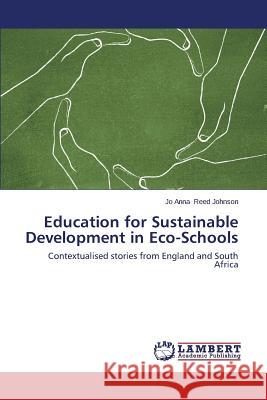Education for Sustainable Development in Eco-Schools » książka
Education for Sustainable Development in Eco-Schools
ISBN-13: 9783659167362 / Angielski / Miękka / 2014 / 616 str.
This work needed to be done because it investigated the extent to which eco-schools were able to develop whole school approaches to education for sustainable development during the United Nations Decade of Education for Sustainable Development (2005-2014). Current educational systems in many countries do not always allow schools to engage in pedagogies of participation (Lotz-Sisitka 2004, ODonoghue and Lotz-Sisitka 2006), democratic styles of learning and critical thinking (Sterling 2003), which this study highlighted. The aim of this study was to examine the vision for education for sustainable development (ESD), being driven by UNESCO, and its reality in practice in two eco-schools, in England and South Africa. Cultural stories were compared as idiosyncratic cases through a common reporting structure based on aspects of communities of practice (Lave and Wenger 1991) and whole-school approaches (Shallcross 2006a, Shallcross et al. 2006). This book should be especially useful to policy makers, educational scholars, academics and students in the field of environmental education (EE/ESD) in England and South Africa and those in the field of global education agendas.











